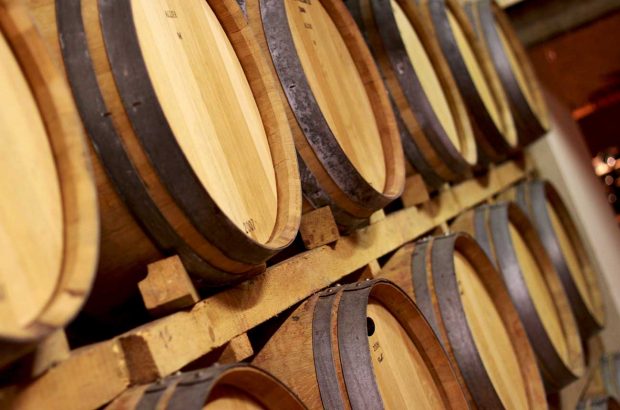The prosecution of Burgundian biodynamic winemaker Emmanuel Giboulot for refusing to spray his vines against a disease that some have likened to phylloxera has exposed a tricky ethical dilemma.
Scientists are not generally known for sensationalism and so one imagines they do not speak lightly when comparing the deadly vine disease flavescence doree to the phylloxera bug that devastated large swathes of vineyards – and many livelihoods – across Europe in the late 19th Century.
It is somewhat ironic that France’s national research agency, INRA, believes the leaf-hopping insect responsible for flavescence doree, scaphoideus titanus, may have smuggled itself into the country by clinging to American rootstock that was imported to help subdue phylloxera a Century ago.
Researchers and winemakers across Europe have tracked flavescence doree since it was first spotted in Armagnac in the 1950s, but there is still no cure and the disease is highly contagious. It causes leaves to yellow and grapes to shrivel, and winemakers must act quickly to uproot infected vines.
‘All winegrowers remember the phylloxera crisis, and this represents the same kind of threat,’ Denis Thiery, research director at the Bordeaux, Aquitaine branch of INRA, told Decanter for its February issue.
As scientists struggle to find more effective ways of handling the disease, some French authorities have ordered winemakers to spray crops as a preventive measure.
Emmanuel Giboulot made international headlines by refusing such an order on the grounds that it would compromise his biodynamic principles. He was initially threatened with prison, but may now ‘escape’ with a €1,000 fine. He is confident of being cleared completely and nearly half a million people have signed an online petition to support his stance.
‘I don’t want to undo decades of work by applying a treatment where its effects on the health of the vines, and the public, are as yet unproved,’ he told Decanter in an earlier interview.
‘I am not trying to be radical. I simply do not believe that systematic treatment – even without any symptoms of the disease – is the solution.’
The problem, according to some researchers, is the lack of alternatives. France has a national action plan to reduce pesticide use yet, for flavescence doree, Thierry said spraying vines is the ‘only solution unless more direct methods against the pathogen itself can be applied’.
‘I fully understand Giboulot’s hesitation,’ said Pascal Chatonnet, a Bordeaux winemaker and researcher who
has run several studies into pesticide use in vineyards. ‘But, the alternative treatments have not yet proved their
effectiveness over the long-term.’
Where do you stand in the debate? Is Giboulot right to resist, or is this an example of someone prioritising principles without due regard for the wider consequences?
This debate was originally highlighted as the monthly Burning Question in the February issue of Decanter magazine. Click to buy the digital edition.
Written by Chris Mercer





